By Loose Lips Mag
@looselipsmag
On this year’s International Women’s Day, we are proud to be surrounded by a network of woke, outspoken, hard-working, diverse women who use their platform and their experiences to enlighten and educate their own communities. This year, we interviewed nine peers about International Women’s Day: what that holiday means to them, how they are decolonizing their work, and what their ideal feminist utopia would look like — would we need a day like International Women’s day in a perfect world?
Join us in celebrating this day the only way we know how, by sharing the voices and stories from the women who uplift and inspire us every day of the year.
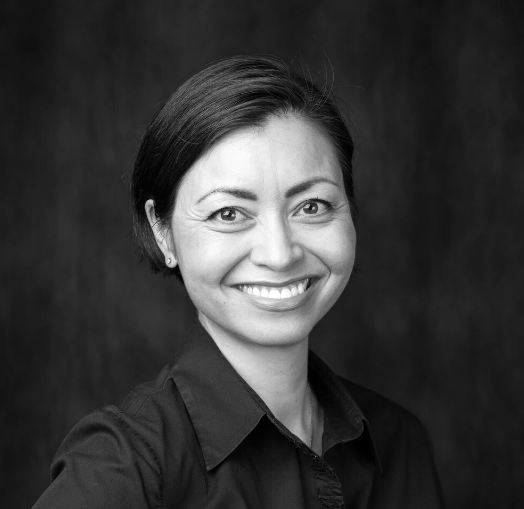
Kim Guise
@therealkimguise
In your personal feminist utopia, what would International Women’s Day look like?
I look forward to a time when International Women’s Day celebrates all people who self-identify as women, and which includes folks of all ethnicities, backgrounds, abilities and sexual orientations. This is a time when women – and men – would come together, support each other and despite their differences, live their lives and impact their world in a way that reflects their understanding. Until everyone is equal and free, no one is.
How has your feminism grown and shifted in the last year(s)?
Three key things that occurred over the past year or so have had a transformative effect on me. First, at work my colleagues and I had a session on decolonial training — which was one of the most powerful experiences I have had in my professional life. Second, I watched a keynote presentation online by Dr. Robin DiAngelo (the author of “White Fragility”). Her work is so important and is such a powerful tool for moving conversations about race forward. Third, I attended a panel at Sundance on diversity and inclusion from the perspective of people with disabilities and witnessed the launch of the Easterseals Disability Film Challenge. All these experiences highlighted, for me, how important (and yet still in 2019 how lacking) representation is. True representation, in its broadest and most inclusive form, needs to ensure that the white, cis-gender, straight, able-bodied experience does not dominate the conversation around gender parity.
What feminist work are you supporting right now? And how are you working to decolonize those industries and mediums?
I work in film and television funding and it’s my responsibility to do anything I can to increase gender parity in the industry. My colleagues and I actively design our programs to promote women behind the camera and we are constantly educating ourselves on diversity and inclusion and how to guard against unconscious bias, white supremacy and systemic colonial barriers. A big part of this work is ensuring the inclusion of a broad cross-section of women, both in front of and behind the camera, and their stories. An idea that is in my head these days is the concept of “over representation.” So, although the goal is gender parity, why not look to do more than 50/50 by 2020? So, with that in mind, I am focusing my attention in two key areas. 1. making sure that we actively seek out woman creatives with the goal that more than 50 per cent of the stories we support come from them and/or meaningfully involve them, and 2. Ensuring that we are a welcoming and safe partner for women from a broad cross-section of our communities to work with. So, if Stats Can says Indigenous people make up 5 per cent of our population, why don’t we aim to have more than 5 per cent of our projects come from Indigenous people? And let’s also ensure that more than half of those stories come from women Indigenous storytellers. I am also very interested in how to better support women who have visible or invisible disabilities.
How are you celebrating International Womxn’s Day this year?
In support of International Women’s Day this year, I will be participating in Women in Film and Television Vancouver’s conference half-day summit on Gender and Inclusion: Seeking Solutions on Saturday, March 9.
This event is meant to be an engaging and inspiring conference focused on solutions to the systemic biases that impact women working in the screen-based Canadian industries. I will be participating on the Broadcasters and Producer panel, which will take place after the keynote speaker, Dr. Amanda Coles, who has undertaken significant research and authored key reports on the Canadian industry, and who will open up the discussion on gender and inclusion. The Broadcaster and Producer panel will be moderated by Dr. Coles, and we will be having a discussion considering potential solutions across the intersectionality of gender, race, ethnic background, and acknowledging the special place of Indigenous peoples, as these relate to equal opportunity and fair representation in the Canadian screen-based industries. Then there will be a screening of the film “This Changes Everything,” executive produced by Geena Davis, which looks at the current and historic gender disparity in Hollywood. I am looking forward to a great day!
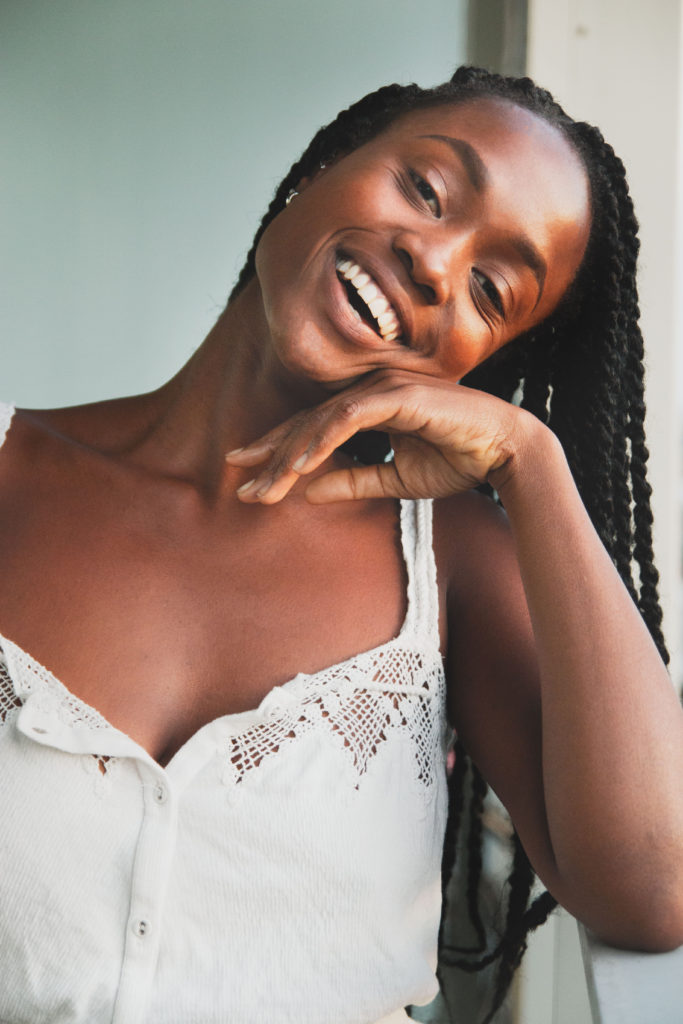
Dora Kamau
@dora_kamau
In your personal feminist utopia, what would International Women’s Day look like?
In my personal feminist utopia, International Women’s Day would be a day dedicated to learning and spreading awareness about different international issues going on in the world. For example, shedding light on the millions of Muslims who have been held captive in Chinese imprisonment camps, or the fact that people in Flint, Michigan still have no fresh, running water or even the food insecurity in Rural Aboriginal communities in Northern Canada, or even the black mother of seven that was mysteriously killed in the US after spending a night with a group of moms (Caucasian moms, might I add) from their kids football team. No justice has been served for her or her family. This day would be dedicated to highlighting the tragedies, issues and topics that never makes it to the news and educating the masses on real world issues. I think I would also eradicate the day all together and devote each month of the year to a specific international issue that we can spend time discussing, reflecting and creating realistic and tangible ways to spread awareness.
How has your feminism grown and shifted in the last year(s)?
To be honest, up until last year I had no idea what a feminist was until I was selected to be a part of a conference that centred women’s rights and feminism throughout the entire weekend. I mean, I had heard about feminism and feminists growing up but they were painted as angry, bitchy, man-haters, who didn’t shave their legs and spent every waking minute of their lives fighting patriarchy. Once I was able to understand and appreciate the movement for what it really was, I started to apply the feminist lens to areas and aspects of my own life. I think I struggled with feminism, because I hate the idea of a label and the expectations and narratives that come along with them. Now that I recognize that the work that I’m doing is an extension of feminism, I have the freedom to create what feminism looks and feels like for me – sans labels, expectations and age-old narratives created by society.
What feminist work are you supporting right now? And how are you working to decolonize those industries and mediums?
The work I’m supporting is equality of care within the mental health care system for black women of colour by spreading awareness of how this disparity is silently harming and killing us. I think by me sharing my story and speaking my truths is a part of the work I contribute to decolonizing the health and wellness industry. My voice not only paves the way for other black women of colour to also take up space in the wellness industry, but also amplifies a voice that has not been equally represented and has been erased from the conversations of wellness for so long. The work to decolonize these mediums is no easy task, BUT I’m starting to realize it’s simply me, as a black women of colour, existing. However, it just so happens that within my existence lies a passion for creating more safe spaces for women who look like me and using my experiences as a way to educate and raise awareness.
How are you celebrating International Womxn’s Day this year?
I’ll just be returning from LA after spending 3 days in a facilitator training program I have the honour to be a part of. The program is in partnership with lululemon and Welcome to We and is rooted in uplifting and enhancing the lives of women by exploring the relationships we have with ourselves, others and our environment. So, I guess that’s my celebration: receiving this training and being able to uplift other women in my community in the near future!

Nikki Sanchez
@nikkilaes
In your personal feminist utopia, what would International Women’s Day look like?
My ideal feminist utopian International Women’s day would be a day of education. For cis-men, this would be a full day workshop that requires them to examine the historical context of power and patriarchy. As well as the many forms of oppression and violence women and LGBTQIA+ have had to endure throughout history because of these harmful systems. They would also be required to locate themselves within this hierarchical power structure and commit to deactivating the ways in which they actively or tacitly uphold it. For cis-white women, it would be a day of decolonial and allyship training so that they can have the tools to transform mainstream feminist movements into inclusive, relevant and empowering spaces for BIPOC and LGBTQIA+. For BIPOC women and LGBTQIA+ it there would be a big beach party hosted by Angela Davis, Alexandria Ocasio-Cortez, Carmen Perez, Linda Sarsour, Tantoo Cardinal and Buffy St. Marie (’cause you know these women don’t only hold it down for us as leaders, but they also know how to throw it down on the dance floor). We would also plant some trees and do a beach clean-up, because the harms that have been enacted on women have also been enacted on Mother Earth and we cannot heal ourselves without also healing our Mother.
How has your feminism grown and shifted in the last year(s)?
I was raised by a strong and independent single mother, who from the time I was four years old explained to me that feminism is just humanism – upholding the belief that women are as entitled to basic human rights and respect as everyone else. In this way, I always grew up considering myself as a feminist, however as an adult I have come to realize how excluded the majority of BIPOC women feel excluded from and even contentious of mainstream, white feminism (which has repeatedly throughout history overlooked and ignored the needs of BIPOC sisters). For myself, as an Indigenous woman, there were times when I too wanted to reject feminism altogether. However, working in victim support and violence prevention, it has repeatedly been made clear to me that we absolutely need to have gender-based awareness and mechanisms for equality. Over the past year I have been working hard to have conversations about this with white folx about the importance of intersectionality and meaningful allyship in their spaces, as well as with BIPOC folx about the absolute necessity of a gender analysis within our movements.
What feminist work are you supporting right now? And how are you working to decolonize those industries and mediums?
All the work I do is feminist and decolonial in nature. As a decolonial educator, I work to ensure that my clients understand that they cannot enact decolonization without simultaneously dismantling patriarchy. As a media maker and academic, I challenge every space I have influence in to a standard of intersectionality and accountability to both decolonization and destroying the patriarchy.
How are you celebrating International Womxn’s Day this year?
The same way I celebrate women every day! Overcoming a culture that objectifies and constantly minimizes women by practicing self-care and radical self-love and acceptance. And by celebrating the women in my life and making it absolutely known to them what magical, brilliant and bad-ass beings they are.
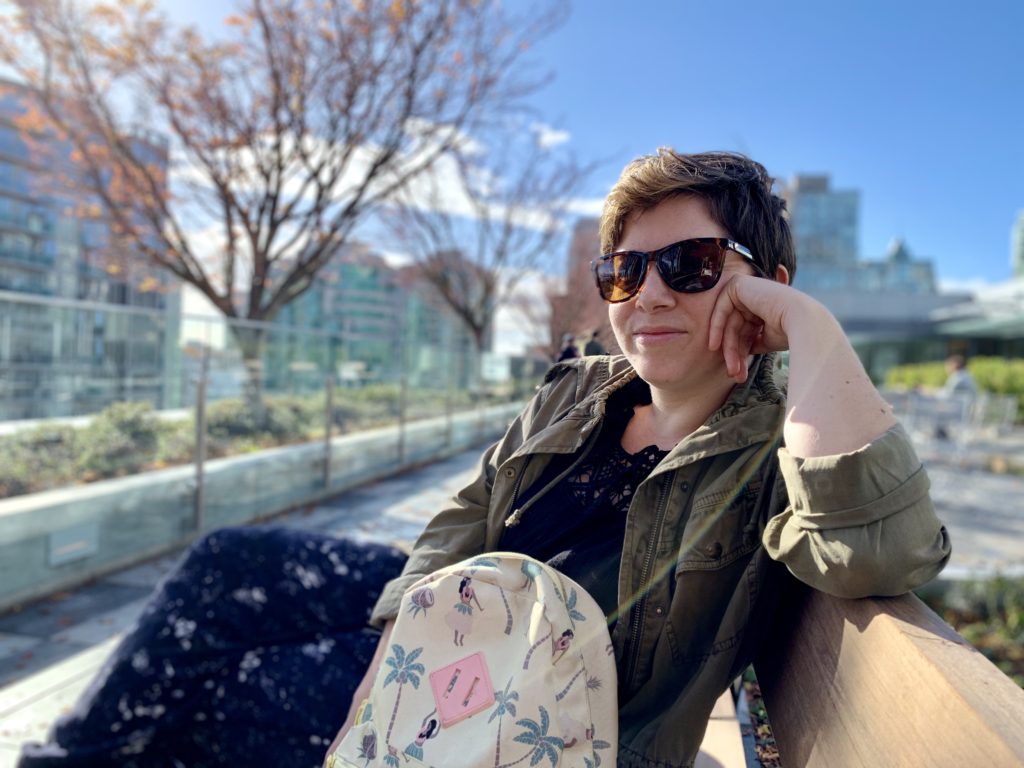
Rebecca McNeil
@sambecszuzu
In your personal feminist utopia, what would International Women’s Day look like?
It will be a perplexing thing we explain to our kids because the need for such a thing wouldn’t exist. One can dream!
How has your feminism grown and shifted in the last year(s)?
In three substantial ways.
First, like all white women, I need to work hard to recognize my privilege, decolonize my thinking, reflect on how I can do better, and make more room at the table. Sometimes, that’s taking a step back and making room for new and different voices than who has historically been there. I was lucky enough to participate in anti-oppression training with Cicely Blain.
Becoming a mother also put a really sharp lens on things. I measure everything now in my daughter’s lifetime. Will the Women’s Equity Strategy at the City of Vancouver make a difference when she’s 10? 20? Will all of her peers benefit in the same way? It brings everything into focus and has been a big part of what I consider essential parenting. We might not have the dishes done, but my daughter and I will participate in the community event that’s working on women’s safety.
And, finally, I have struggled with how to win. “Winning” as progressives has historically meant becoming centrist and palatable so we can move our ideas forward, but the result has often been watered-down feminist policy that only benefits a few. I think a lot about how we can cut through the BS and jump out of our habits and take a leap to something more radical. I think people are ready, we just need to find the right ways to talk about it. But I look at AOC and see a roadmap.
What feminist work are you supporting right now? And how are you working to decolonize those industries and mediums?
I recently served on the City of Vancouver’s Women’s Advisory Committee and those (mediums/industries) dismantle every time there’s a new election. We had a real “white women problem.” There were largely white women at the table, working within a historically problematic system, and the few WoC in the room had to navigate a lot of emotional labour. I won’t be re-applying and worked hard to push for anti-oppression training in our last months as a group. When the incoming city council was running for election, I circulated a petition to secure election promises from many of them to fully fund a Women’s Equity Strategy (already passed by council but with no funding attached), to execute an intersectional lens that be applied to the strategy and ALL strategies from City Hall, and to diversify the outreach strategy and make up of the Civic Action Committees. There are new policies to support this last piece, so I hope they are able to make new strides by having new voices, and I will be happy to support from the side lines.
Now, as a digital strategist, I’m looking at ways to start training and supporting women who think they would like to run in the upcoming election. Women need to be asked earlier and more often to agree to run and need more support and training to support them. I’m really excited about this!
How are you celebrating International Womxn’s Day this year?
On March 8, I will be attending an equity breakfast and devoting time to firm up plans for the above mentioned actions.
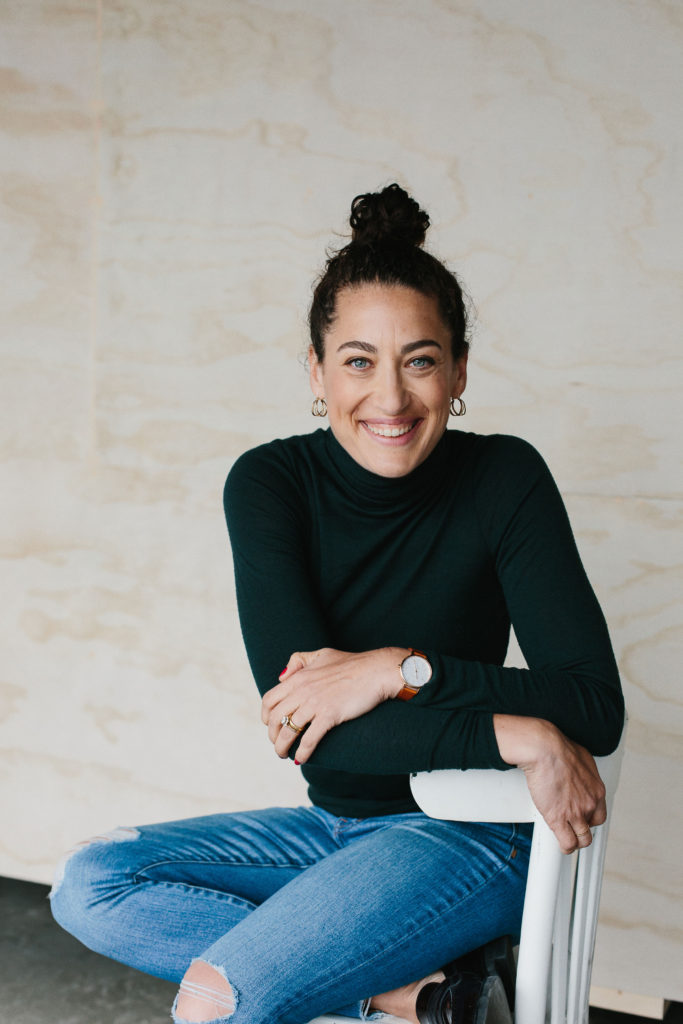
Raila Gutman
@Raila
In your personal feminist utopia, what would International Women’s Day look like?
When I think of the word feminism, I think of equality and choice. Advocating for women’s rights and striving for the limitlessness of gender – and including men in that conversation. When it comes to achieving gender equality, we can’t do it without them! I believe gender should not generate any presumptions, limits or restrictions. People should be free to be the person they want to be and do the things they want to do without society imposing barriers due to gender. My utopia is where we don’t need an International Women’s Day because globally woman have equal pay, freedom, and choice.
How has your feminism grown and shifted in the last year(s)?
When I was younger, I worried about using the word “feminist” to describe myself. I was concerned that people would perceive it negatively, following all those stereotypes of angry, man-hating, no-bra-wearing women. Now, I wear the Feminist badge with pride. I make conscious efforts to work and surround myself with strong, powerful women and also work with women whenever possible.
What feminist work are you supporting right now? And how are you working to decolonize those industries and mediums?
I am the Program Director of a new initiative called the Pacific Screenwriting Program. The not-for-profit was formed and launched in 2018 with the goal of supporting and training screenwriters in British Columbia. As part of our mandate, we are committed to gender equity and inclusion in our programs and writers rooms.
How are you celebrating International Womxn’s Day this year?
This year I am taking part in a fundraiser to help raise money for women-focused charities, including Big Sisters BC, Dress for Success and Cause We Care Foundation through an organization called Stronger Together. I’m also joining a roomful of women in the evening to celebrate woman at our own Superwoman party, a night to celebrate, widen and strengthen our circle of women – because we all know that good things happen when we get in a room together!
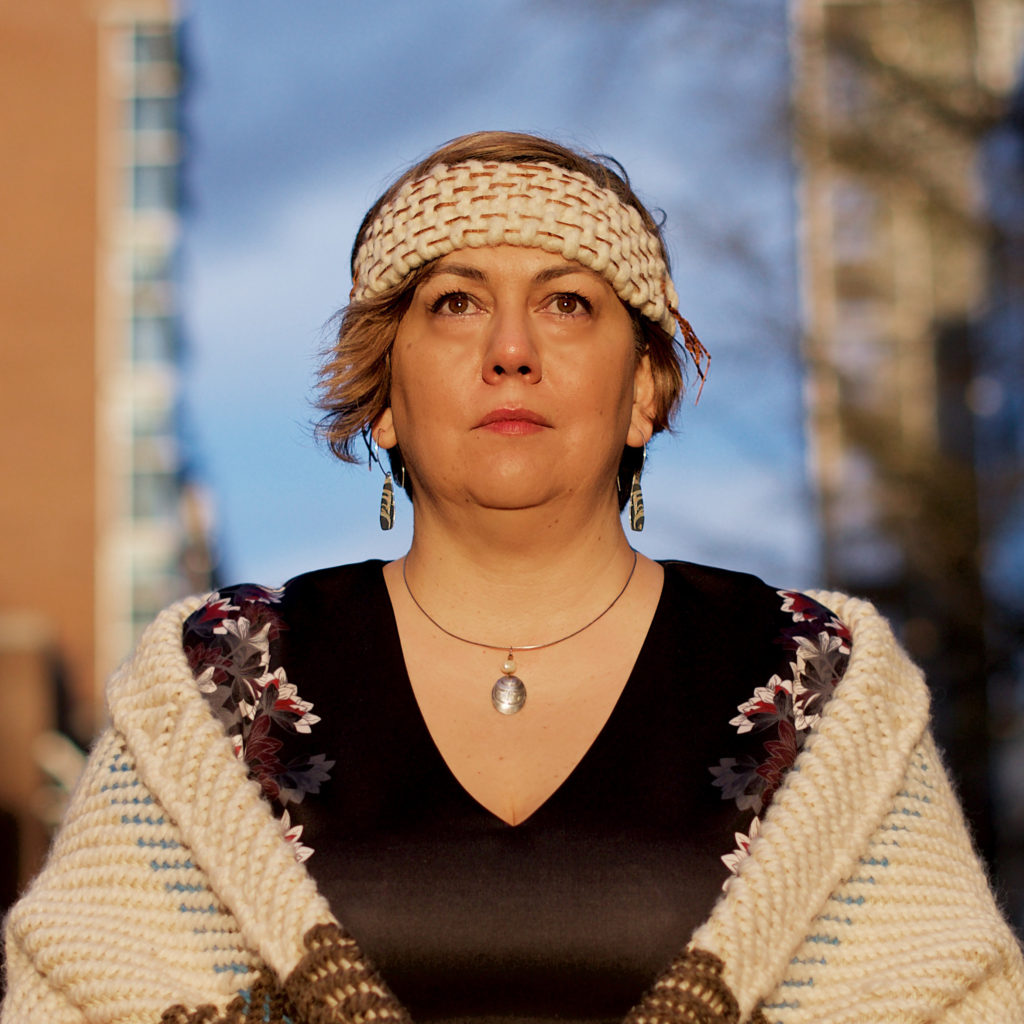
Michelle Lorna Nahanee
@ms_nahanee
In your personal feminist utopia, what would International Women’s Day look like?
I’d love to see IWD cards, and giving, on scale with big, dominant culture holidays like Christmas and Valentine’s. Perhaps celebrated, iconic women’s stories could be made into holiday movies, like the RANKIN BASS claymations but obviously wiser and better. In my personal feminist utopia, sheros from complex class and gender and ability continuums celebrate together and are celebrated together.
How has your feminism grown and shifted in the last year(s)?
Intersectionality has been a huge breakthrough, but I’ve been really focused on Indigenous feminisms and matriarchy. Through Indigenous feminisms, I can embrace gender roles outside of consumer culture and who does/has what. I have shifted my feminist focus to matriarchal leadership. What does it mean to be care-centred? What are the traditions of matriarchy that can help us now?
What feminist work are you supporting right now? And how are you working to decolonize those industries and mediums?
Through Decolonizing Practices, I am working with organizations who are ready to to address the challenge of where to start within the enormity of reconciliation and decolonization. I have designed Sínulhkay and Ladders which is a life-size board game that promotes the Squamish practice of Chen chen stway (holding each other up) while working through neo-colonial scenarios of oppression. Its purpose is to provide a framework for developing decolonizing practices.
Decolonizing practices are actions we can take, words we can say and ideas we can unlearn/learn to transform colonial impacts. The focus of the game is bettering Indigenous to non-Indigenous relations in professional settings, making sure we are holding each up – not sliding down the double-headed serpent, called Sínulhkay in the Squamish language.
How are you celebrating International Womxn’s Day this year?
I’m heading to Capilano University’s Rethinking Representation: Indigenous Women & Film for three films by Indigenous women and a panel discussion.
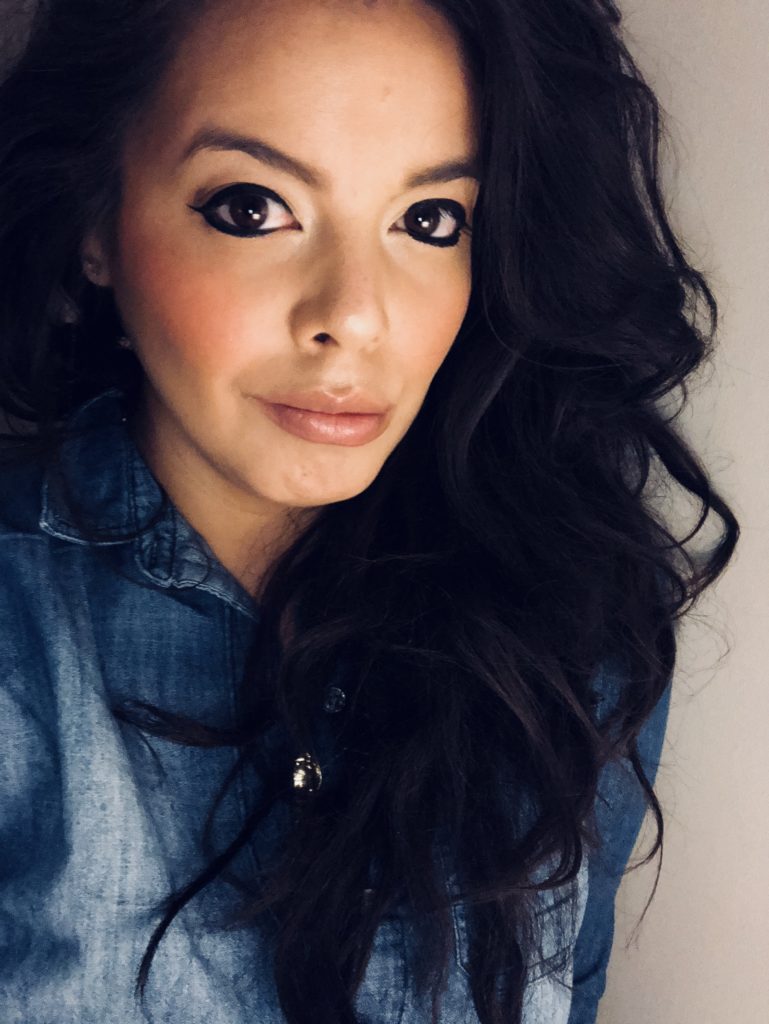
Kim Senklip Harvey
www.kimsenklipharvey.com
In your personal feminist utopia, what would International Women’s Day look like?
Matriarchs would have the opportunity to choose how they wanted to spend their day. Agency is huge for me.
Me, personally, I be like let’s get some bubbly, put on some dope ass clothes, blare some music and go dancing to celebrate every challenge we smashed and are proud of. Finish it off with some decolonial love and I call that a beautiful day!
How has your feminism grown and shifted in the last year(s)?
After creating my first play and artistic ceremony Kamloopa, I have felt so powerful in my advocacy for my people. My understanding of Indigenous Matriarchy has really clarified itself as an unstoppable embodied birthright to protect and take care of ourselves.
These understandings of Indigenous ontology allow me to confidently find the courage I need in challenging situations to know that my work goes beyond myself as an individual. That this work contributes to the much larger picture of equity for women, non-binary identifying community members and Indigenous peoples.
With my relational investigation into land and Indigenous epistemology, I know we all have the right and agency to refuse patriarchy, colonialism and capitalism and that has felt fucking brilliant to reclaim over these past couple of years.
What feminist work are you supporting right now? And how are you working to decolonize those industries and mediums?
As an Indigenous Matriarch, I’m a firm believer that our lives is the art, the ceremony, the work. I wake up every day and reclaim my Indigenous ways of beings, so my decolonial work is a daily, conscious and deliberate practice.
When I write, direct, create these are all a part of my spiritual and cultural Indigenization work of unearthing of who I am. It’s knowing that removing Settler and white supremacy (decolonization) is a fraction of the work but the more grounding, feminine and Matriarchal work is innovating, illuminating and continuing the ways of living of my Matriarchal Ancestors. It’s my life’s work to give attention, energy and power to the laws and customs and creative practices that my people hid inside of me, sometimes referred to as our Blood Memory.
Also wearing faux fur, buffalo and coyote teeth necklaces and elk bone earrings are ways to energetically let me embody my contemporary Indigenous self. Body sovereignty is a big part of all of my work, plus it’s fabulous!
How are you celebrating International Womxn’s Day this year?
Do some ceremony and send love to all the women and femme energy out there doing the Good Work that nobody will ever see or acknowledge. Those doing the work that allow me to be here and I’m so grateful for.
Also hug and kiss my Momma and two older sisters, who are the loves of my life.
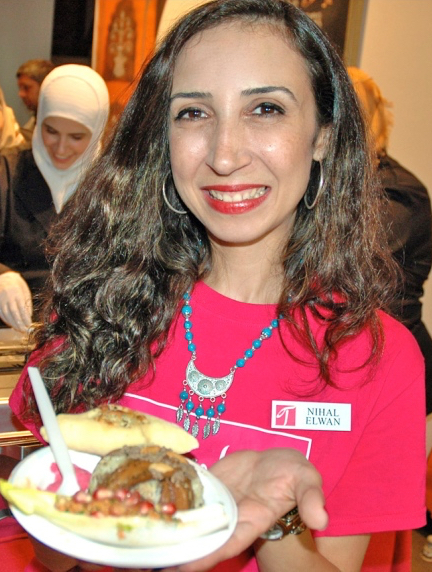
Nihal Elwan
@tayybeh.syrian
In your personal feminist utopia, what would International Women’s Day look like?
It would be a day where all the hardworking women, the unsung heroines, the income providers, the rocks, and foundations of their households who make the world go round, are celebrated!
How has your feminism grown and shifted in the last year(s)?
In the past, I always believed that to be feminists, we needed to have careers and employment. In the last year, working with amazing newcomer Syrian women, all of whom are gainfully employed for the first time with Tayybeh, I realized that their supernatural strength lies in being the bond that keeps their communities and families together, the anchors for all those around them. Their grace and power in the face of unparalleled adversity are a testament to how feminism manifests in different forms.
What feminist work are you supporting right now? And how are you working to decolonize those industries and mediums?
All of the work that I do with Tayybeh is anchored in shattering barriers to employment for women. Our women are newcomers who are escaping war. They come with loads of stereotypes on their shoulders. They are Muslim women from the Middle East who wear the hijab (headscarf). They don’t speak English and haven’t held a job outside of the home before. It is my mission that they prove to themselves, and everyone who dares to profile them, that they are powerful feminists who can actually carry their families inside and outside the household. All of our women’s partners are either unemployed or deceased. As for decolonization of our work spaces and mediums, whether it is here in Canada or anywhere in the world, women are significantly underrepresented in the culinary and food industries. This means that Muslim women are virtually absent from the equation. At Tayybeh, we are inadvertently challenging the rigid colonial view that places Muslim women in a position of dependency and submission. We are likely the top employer of women from the Middle East in the food industry (that we’re aware of). By pridefully placing our chefs at the forefront of the culinary industry here in Vancouver, we are unabashedly shifting it.
How are you celebrating International Womxn’s Day this year?
We are celebrating it by doing what we do best, working to bring delicious food to the Lower Mainland, courtesy of amazing women who, despite their tribulations, are examples of perseverance and passion. Oh, and we are all going to watch a documentary film about Tayybeh together at the Vancouver International Women in Film Festival this weekend!
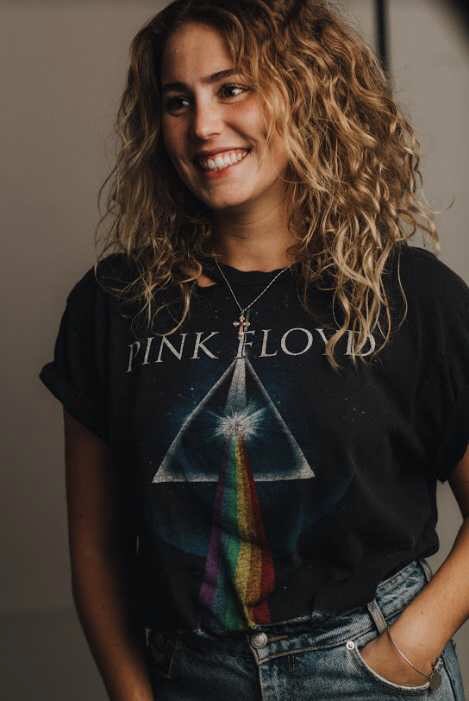
Tori Swanson
@torisswanson
In your personal feminist utopia, what would International Women’s Day look like?
The entire world as an awakening, an elevation to their consciousness. Where women around the world are heard, and can speak freely and stand tall in their light. Could you imagine the energetic shift that could occur? We could move mountains.
How has your feminism grown and shifted in the last year(s)?
I feel like I’ve gone deeper into the essence of what it means to be a woman – and throughout the year, where I feel like I hold back, whether it’s using my voice, power, or allowing my talent to be seen in the public. The work I’ve been doing has shown me where every woman, and man, holds back too… and for what reason? Most of the time, it’s because we’re afraid of being judged, or we don’t want others to feel bad. What causes others to feel bad is you staying in the same place you’ve always been, dimming your light and giving no hope to others that they can create the same momentum as you.
I also have some shifting to do, recently I was verbally and sexually abused and I held back from explaining what had happened to my partner – who was outright upset that I didn’t sucker punch the guy in the gut after what happened and yet I held onto the shame for months before I actually spoke about it – without realizing. I am [cultivating] the momentum and protection of every woman standing up for themselves in moments like this, so that we no longer have to hold onto experiences like this in order to grow. [I encourage women to] share [our experiences] right away and put individuals in their place with compassion and self-confidence when this happens.
How are you celebrating International Womxn’s Day this year?
Physically, I’ll be on a flight to Austin Texas, helping my partner’s sister move. Energetically, I will be holding the space for women to leap forward and trust their intuition, themselves, and their guidance. I will be emotionally connecting with my woman powerhouses and mentally reflecting within, and choosing where I decide to put my mind to support me and my goals.

Kristi and Brittany are the co-founders and co-editors of Loose Lips Mag. Together with intern Tayvie, they’re building their feminist media empire—leaving the patriarchy, charcuterie boards and empty bottles of wine in their wake. Loose Lips Media is grateful to operate on the unceded Coast Salish territory of the Musqueam, Squamish and Tsleil-Waututh First Nations.C




